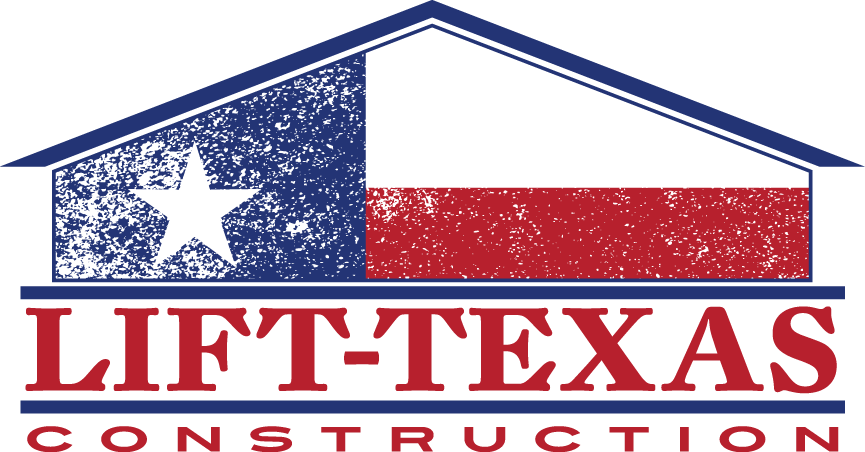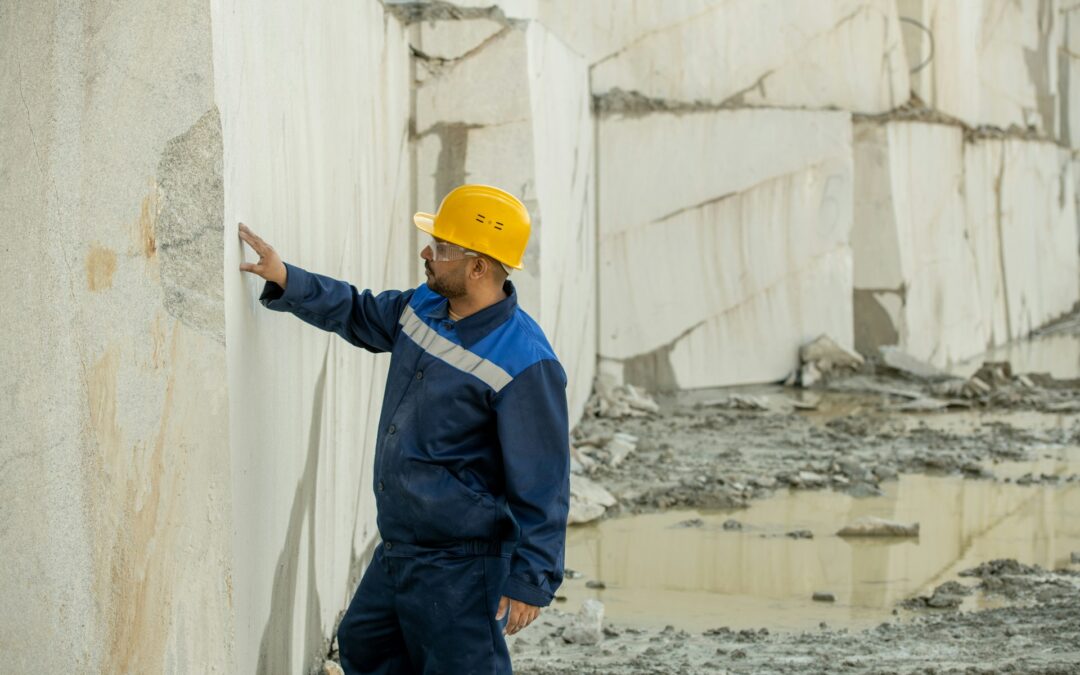Picture this: you’ve just moved into your brand-new home in the DFW area, and everything seems perfect. The architecture, the landscaping, all aligned to fit your dream house. But as the months roll by, you start noticing things like small cracks on your walls or doors that don’t close quite right. It’s a common misconception that new homes are immune to foundation problems, but the reality is quite different. Even the most recently built houses can face foundation issues that require attention.
Checking the integrity of a home’s foundation is not just a task for older properties. For residents in DFW, the unique soil conditions and climate can contribute to unexpected challenges. It’s crucial to address these problems early on to prevent future headaches. You might think, “But my house is new! How can it have foundation challenges?” Well, let’s explore some of the reasons your shiny new abode might still grapple with pesky foundation issues.
Causes of Foundation Problems in New Homes
When it comes to foundation problems in new homes, several culprits might surprise you:
- Poor Construction Practices: Even in new builds, oversight or cut corners during the construction phase can lead to future problems. A rushed job or inadequate materials can compromise the foundation’s strength, leading to issues not immediately visible during initial inspections.
- Soil Conditions in DFW: In the DFW area, expansive clay soil is a significant concern. This type of soil swells and contracts with moisture changes, putting stress on your home’s foundation. Homes built on this unstable ground might appear perfect at first but can develop problems as the soil shifts.
- Climate and Weather Impact: Texas weather isn’t just hot; it’s unpredictable. Temperature fluctuations and severe weather events can affect the ground and, consequently, the home’s foundation. Droughts may lead to the soil shrinking away from the house, while heavy rains can oversaturate the soil, both causing issues.
- Water Drainage Issues: Proper water drainage systems are paramount in preventing water from pooling around your home’s foundation. Without them, excess water can erode the soil and undermine the foundation, regardless of how new the construction might be.
Understanding these factors highlights that foundation problems aren’t limited to older homes. By recognizing and acknowledging these potential issues right from the start, new homeowners can take proactive steps to safeguard their investments. Knowing what you’re up against allows you to make informed decisions about maintenance and potential interventions like foundation leveling to keep your dream home in excellent condition.
Warning Signs of Foundation Issues
Identifying foundation troubles early can save you from big headaches and repairs down the road. Being aware of the warning signs is key to maintaining the health of your new home’s structure. Here are a few things you should keep an eye out for:
- Cracks in Walls and Floors: Hairline cracks might not seem like a big deal, but they can indicate that your foundation is shifting. Pay close attention to any widening or lengthening of these cracks over time.
- Doors and Windows That Stick: If you notice your doors or windows are suddenly hard to open or close, it could mean your foundation has moved. This happens when shifts cause misalignment of door and window frames.
- Uneven Floors: Feeling a tilt in your floor is more than just an annoyance. It can be a sign that the foundation isn’t level anymore, possibly due to settling or soil movement underneath.
- Water Accumulation Around the Foundation: After it rains, a little bit of standing water is natural. But pooling water near your foundation can signal drainage problems, leading to increased pressure against the foundation walls.
Addressing these issues quickly can help you avoid more extensive damage and repairs. If you spot any of these symptoms, it’s wise to consult a professional to evaluate the extent of the problem.
How Foundation Leveling Can Help
Once you’ve identified a foundation problem, taking the next steps is critical to avoid further damage. Foundation leveling can be an effective solution in many situations. But what exactly is foundation leveling, and how does it help?
- What is Foundation Leveling? This process involves adjusting and stabilizing a house’s foundation to its original position. It can involve various methods such as slabjacking or piering, depending on the specific issue and soil conditions.
- Benefits of Addressing Issues Early: Tackling foundation problems sooner rather than later can prevent minor cracks from turning into major structural issues, saving significant money and hassle in the long run.
- Methods Used in Foundation Leveling in DFW: In DFW, methods like soil stabilization and using piers to support the foundation are common. Each method is chosen based on the specific problem and the condition of the soil beneath your home.
- Long-Term Benefits for New Homeowners: Correcting foundation issues not only stabilizes your home but also helps maintain its value. A leveled foundation ensures a safe, solid structure for you and your family.
Preventive Measures for New Homeowners
It’s always better to prevent foundation issues than to solve them after they start. Here are some measures you can take to protect your new home’s foundation:
1. Regular Foundation Inspections: Have a professional check your foundation regularly to catch any issues before they become serious.
2. Proper Water Drainage Solutions: Ensure your drainage system channels water away from your house. This reduces the chance of water pressure build-up against your foundation.
3. Soil Stabilization Techniques: Consider using methods to stabilize the soil under your home, which can prevent unwanted movement and shifting.
4. Professional Consultation and Maintenance Tips: Consulting professionals can provide you with tailored advice on how to maintain a healthy foundation.
By keeping on top of these measures, you can protect your home from costly repairs and keep it standing strong for years to come.
Protect Your Investment
Investing in a new home is a significant step, and ensuring its lasting stability should be a top priority. Recognizing the signs of foundation problems and taking proactive measures can save you from future financial strain and keep your home a safe haven.
Don’t hesitate to seek professional help if you suspect any foundation issues. Securing the integrity of your foundation not only safeguards your investment but also reassures you of the home’s long-term safety and value. Taking these steps will ensure you and your family can create many happy memories without worrying about what lies beneath your feet.
When it comes to preserving the integrity of your home in DFW, nothing matters more than addressing foundation issues promptly. By exploring effective solutions like foundation leveling, you can protect your property and ensure its value and stability for years to come. Trust Lift-Texas Construction to help you take the right steps toward long-term peace of mind in your new home.

